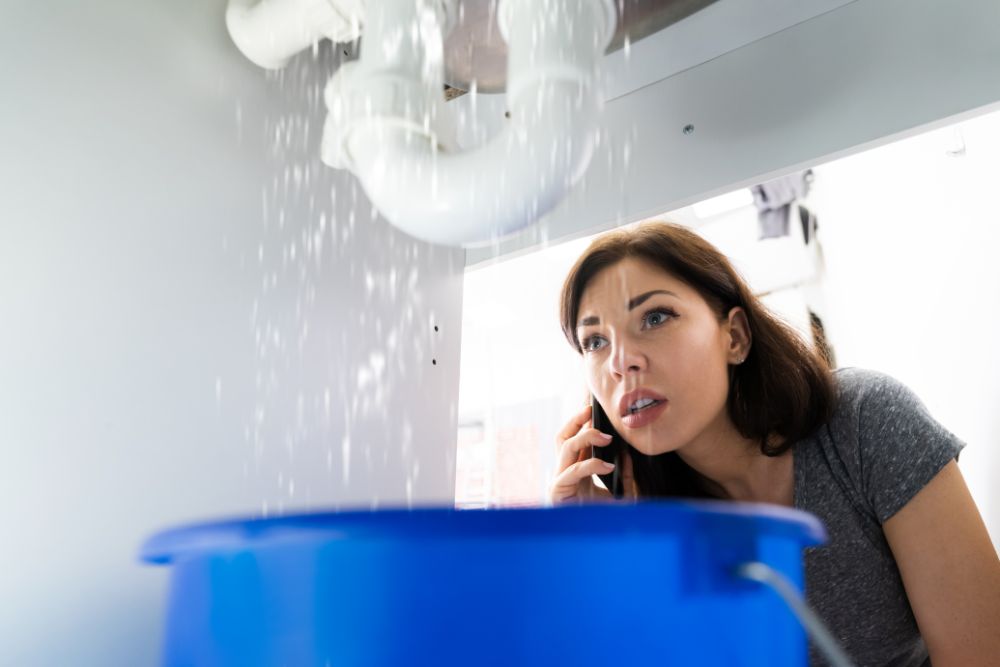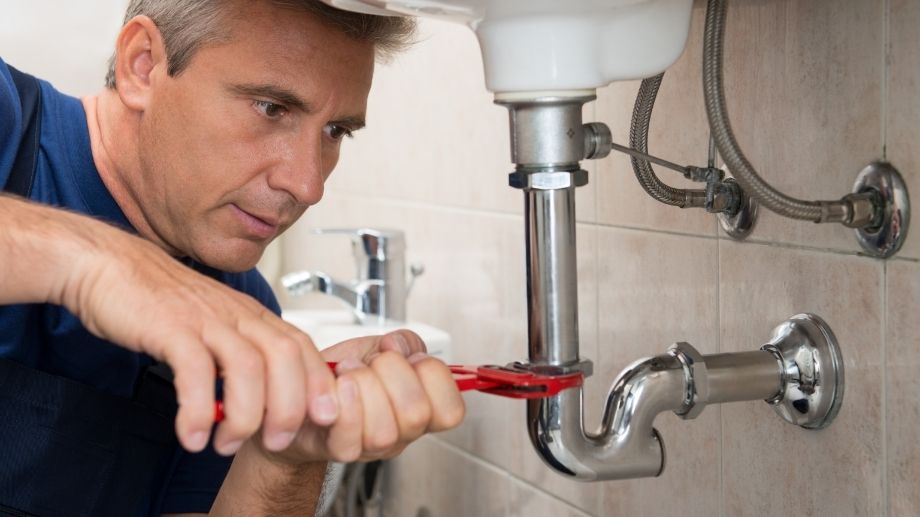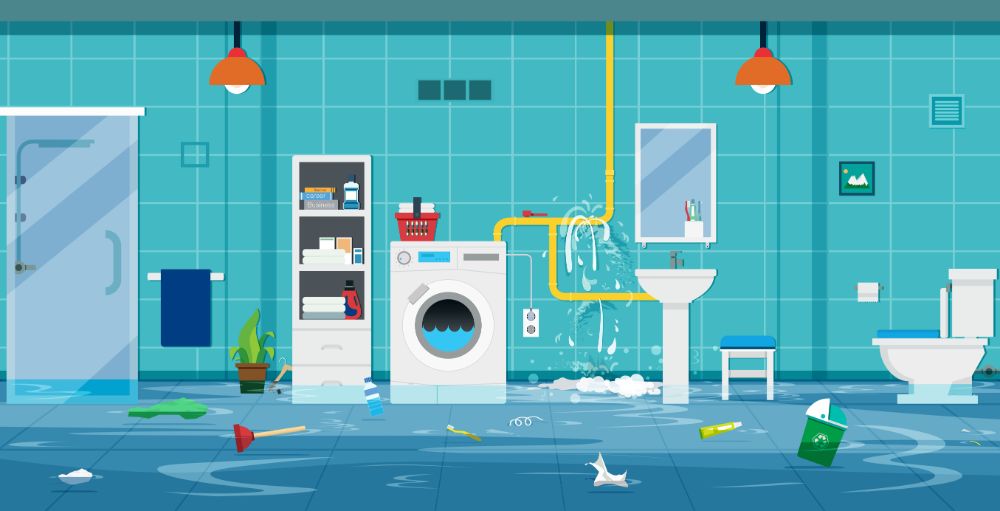A Homeowner’s Guide To Handling A Plumbing Emergency
Plumbing is one of the greatest innovations we have. It’s difficult to imagine a world where you can’t turn a faucet and wash your hands or flush out bodily waste. That said, since plumbing systems are commonplace, it’s easy for us to take them for granted—until something goes terribly wrong.
According to Gold Coast Plumbing Experts, a plumbing emergency tends to happen in the most inconvenient, random times—at midnight, on weekends, or on a special holiday when you have guests staying. While plumbing emergencies can be frustrating, if you know what to do, you can avoid being overwhelmed.
In this article, we’ll take a closer look at what constitutes a plumbing emergency and the necessary steps to take when your home experiences one.
Plumbing Emergency 101

A plumbing emergency refers to a situation or issue with your plumbing system that’s more severe than normal. A plumbing emergency often involves the risk of damages to property as well as compromising the safety of the occupants.
While it takes on numerous forms, some of the typical situations considered a plumbing emergency include:
- Water Leaks
Not all water leaks are considered an emergency. However, the moment you see extensive leakage, water damage, and even flooding, then it’s considered an emergency plumbing issue. Whether you woke up to find the ceiling of your kitchen sagging or dripping, come home to a flooded bathroom, or discovered pieces of soggy, detaching drywalls in the living room, such issues are considered plumbing emergencies.
- Damaged Or Burst Pipes
A damaged or burst pipe can cause flooding and water damage if left unattended. A single burst pipe can release gallons of water in just a short time and compromise the integrity of your home and the safety of your family. A common cause of damaged pipes is freezing during the colder months.
- Sewage Leak Or Backup
Any form of sewage backup or leak is a serious plumbing situation that requires an immediate response. Since it’s sewage water, it can cause serious issues to your health if not resolved immediately; it can cause symptoms such as fever, vomiting, and gastroenteritis.
- Gas Leaks
Like sewage backups, gas leaks are a serious health hazard, so it also qualifies as an emergency. Not only that, but gas leaks may also cause fires and explosions if not resolved immediately.
- Water Heater Failure And Leaks
If your water heater is leaking, smelly, or making an odd sound, then it should be assessed and resolved immediately. Water heater failure is often considered an emergency since it can cause expensive damage. Plus, your water heater is an important system, especially during the winter months.
What To Do During A Plumbing Emergency?
The following are the things you can do during a plumbing emergency:
1. Call A Plumber

Preferably, you should always have an emergency plumber on speed dial. This way, when a plumbing emergency occurs, you can simply call them to your home and quickly resolve the plumbing issue.
In an emergency, you’re likely to be stressed, which makes it difficult to think clearly. Also, since your plumbing system is complex, calling a qualified plumber can help you easily navigate and fix the issue. Although you may be tempted to perform a DIY repair job, you may end up damaging your plumbing even more, which can become costly and even dangerous in the long run.
That said, be aware that emergency plumbers may often create a temporary fix for certain plumbing issues and return later or the next day to create more permanent solutions. This is especially true if you call at midnight.
2. Shut Off The Water
As a homeowner, you must familiarize yourself with essential aspects of your home, and in the case of plumbing emergencies, the location of the main water valve. By shutting off the main water line, you can minimize water damage. So, while you’re getting a hold of an emergency plumber, find your main water line right away.
In general, the main water line is located near the street. However, in some homes, it’s located in the basement. In the event of a plumbing emergency, you should easily find this valve and shut off the water supply in your home.
Once you’ve turned off the main water line, consider turning on all faucets to drain away excess water left within your plumbing pipes or divert the water away from the location of the possible plumbing leak.
Depending on how extensive your plumbing leak is, it’s also smart to turn off the main power to your home until your plumber arrives to prevent risks of electrocution. After all, electricity and water are never a good match.
3. Identify The Issue
While you’re waiting for your plumber to arrive, you can look around to identify the potential location of the issue. This way, you can brief your plumber once they arrive at your home and find a quick solution for your issue.
Some plumbing issues are recognizable and easier to diagnose while others can only be assessed by a professional. In any case, it’s worth looking for the potential plumbing problem and any signs, regardless of how minor, that can provide your plumber with some insights.
4. Clean Up And Protect Your Property
Once you’ve contained the leaks, contact a plumber, and prevent further damage, it’s time to clean up what you can and protect your properties. You should act quickly to avoid damage to your personal belongings.
You can also reduce further damage by removing as much water as possible. Use old towels, a mop, or whatever you have to absorb water around the area. Cover furniture with plastic or move things away from the affected area. Electronics and appliances that have yet to come into contact with water should be unplugged and moved into a dry area.
Takeaway
And there you have it! Plumbing emergencies are stressful and even dangerous. While a plumbing emergency may catch you surprised, being prepared by knowing what to do if you’re ever faced with such a situation can help minimize damage and restore your home.
DISCLAIMER No Legal, Financial & Taxation Advice
The Listener, Reader or Viewer acknowledges and agrees that:
- Any information provided by us is provided as general information and for general information purposes only;
- We have not taken the Listener, Reader or Viewers personal and financial circumstances into account when providing information;
- We must not and have not provided legal, financial or taxation advice to the Listener, Reader or Viewer;
- The information provided must be verified by the Listener, Reader or Viewer prior to the Listener, Reader or Viewer acting or relying on the information by an independent professional advisor including a legal, financial, taxation advisor and the Listener, Reader or Viewers accountant;
- The information may not be suitable or applicable to the Listener, Reader or Viewer's individual circumstances;
- We do not hold an Australian Financial Services Licence as defined by section 9 of the Corporations Act 2001 (Cth) and we are not authorised to provide financial services to the Listener, Reader or Viewer, and we have not provided financial services to the Listener, Reader or Viewer.
"This property investment strategy is so simple it actually works"
Want to achieve baseline financial freedom and security through investing in property? Want a low risk, straightforward way to do it? Join more than 20,000 investors who have transformed the way they invest in property."

